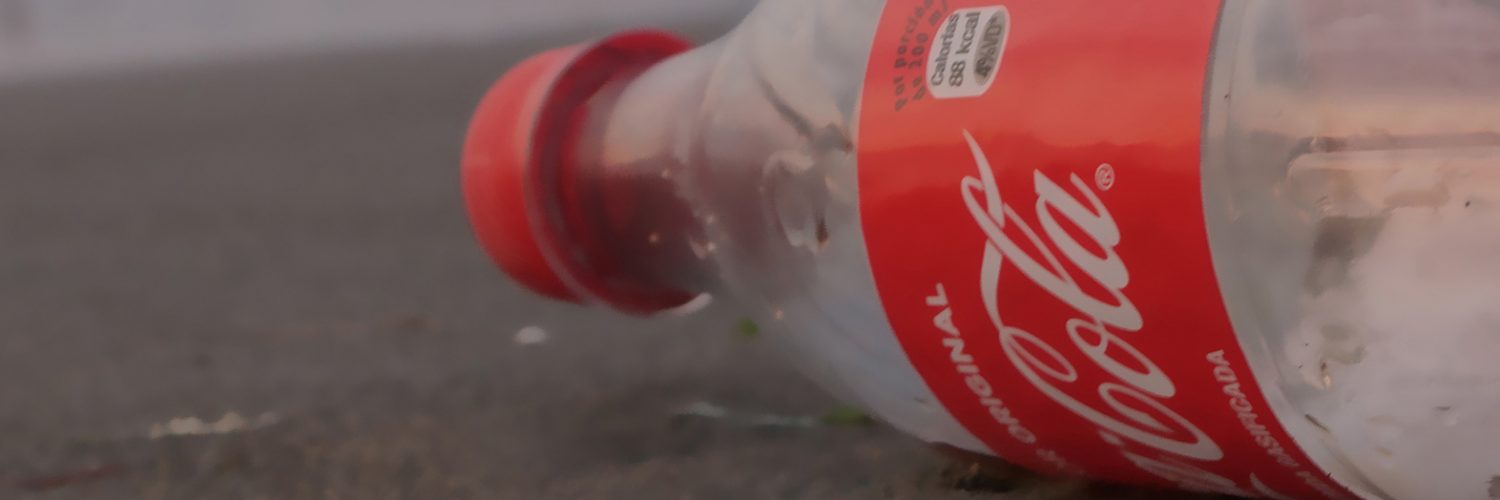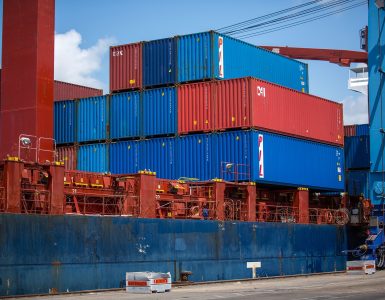The United States Environmental Protection Agency celebrated America Recycles Day on Friday, Nov. 15, in an effort to raise awareness about sustainable practices among companies, governments and residents.
EPA Administrator Andrew Wheeler convened the agency’s second Recycling Summit to address the major challenges facing the U.S. recycling system that day.
“On America Recycles Day, I am proud to release the National Framework for Advancing the U.S. Recycling System, which summarizes our accomplishments over the past year and recommends actions for 2020,” Wheeler said. “I look forward to continuing our work with our partners to improve infrastructure, develop secondary markets and more effectively communicate with the public about addressing the entire lifecycle of recycled materials.”
Starting in 2018, the EPA has invited U.S.-based organizations to sign a pledge to work toward a “more resilient materials economy,” according to the agency.
The National Association of Manufacturers (NAM) is just one of 179 companies, cities and other organizations to sign the America Recycles Pledge, signifying their interest in participating in ongoing dialogues and taking action to improve the nation’s recycling system.
“Responsible environmental stewardship and economic opportunity are top priorities for America’s counties,” said NAM Executive Director Matthew Chase. “We are proud to participate in America Recycles Day to highlight the role counties and our residents play in ensuring the strength of our environment and our economy.”
Laura Berkey-Ames, director of energy and resources policy for NAM, said sustainability is a priority for the manufacturing industry.
“Companies like PepsiCo are doing outstanding work and making critical progress that should serve as an example for other industries looking to be proactive on the issue,” Berkey-Ames said.
In fact, several major American beverage companies have been making significant strides to improve their sustainability.
 In 2018, NAM member Coca-Cola set a goal to help solve the problem of packaging waste in the U.S. and worldwide. Coca-Cola pledged to collect and recycle a bottle or can for every one sold by 2030; to make all of its packaging fully recyclable by 2025; and to make its bottles and cans with 50 percent recycled content by 2030.
In 2018, NAM member Coca-Cola set a goal to help solve the problem of packaging waste in the U.S. and worldwide. Coca-Cola pledged to collect and recycle a bottle or can for every one sold by 2030; to make all of its packaging fully recyclable by 2025; and to make its bottles and cans with 50 percent recycled content by 2030.
“While Coca-Cola and its partners have been working for decades to do our part to build more sustainable packaging and more effective recycling programs, it’s time to do more,” said Bruce Karas, vice president of sustainability for Coca-Cola North America. “The world has a packaging problem, and we like others have a responsibility to help solve it so bottles and cans don’t end up in places where they don’t belong.”
The Coca-Cola Foundation has supported an annual Public Space Recycling grant program for the past 10 years in partnership with Keep America Beautiful. The program has donated public space recycling bins to more than 1,400 communities across the U.S.
The company also joined the American Beverage Association, PepsiCo and Keurig Dr Pepper — as well as environmental partners World Wildlife Fund, Closed Loop Partners and The Recycling Partnership — to launch the Every Bottle Back initiative.
The program is meant to reduce the beverage industry’s use of new plastic and invest $100 million to improve recycling infrastructure in key areas of the U.S.
“Our global giving priorities focus on areas where we have the ability to make the biggest impact on sustainable communities through both our funding and the collective skills and expertise of Coca-Cola employees,” said Carlos Pagoagoa, community partnerships group director at The Coca-Cola Foundation, about the Every Bottle Back program.
“In each pilot city, local partners will work together to identify barriers to recycling on a local level and test a range of solutions,” Pagoagoa said. “We hope the learnings from these ‘model markets’ can offer solutions to other cities facing similar challenges.”
Coca-Cola announced Tuesday that Sweden will soon become the first country in the world where Coca-Cola plastic bottles are made entirely from recycled material. The company estimates the move will eliminate the use of 3,500 tons of new plastic each year in Sweden and result in an annual reduction in carbon dioxide emissions of 25 percent over pre-transition levels.
“Plastic is an effective and valuable packaging material, and we need to treat it as such, ensuring that nothing goes to waste,” said Sofie Eliasson Morsink, general manager for Coca-Cola European Partners Sverige (Sweden). “Coca-Cola Sweden wants to lead the development of a circular economy where all packages are collected so that they can be used again.”
PepsiCo, also a member of NAM, has made sustainability and recycling a top priority, creating the Recycle Rally program to offer more than 250 free online resources to students, faculty and school staff members across the country with the goal of increasing recycling in schools. Nearly 6,000 schools have participated over the past nine years, according to PepsiCo.
“Recycling is an essential part of PepsiCo’s long-term approach to sustainable packaging for our food and beverage products,” said David Lapp, chief supply chain officer for PepsiCo Beverages North America. “We work to support recycling wherever we do business, and as a U.S.-based company with significant operations, sales and local presence in cities and towns across the country, we have a special responsibility to do our part for U.S. recycling.”
















Add comment